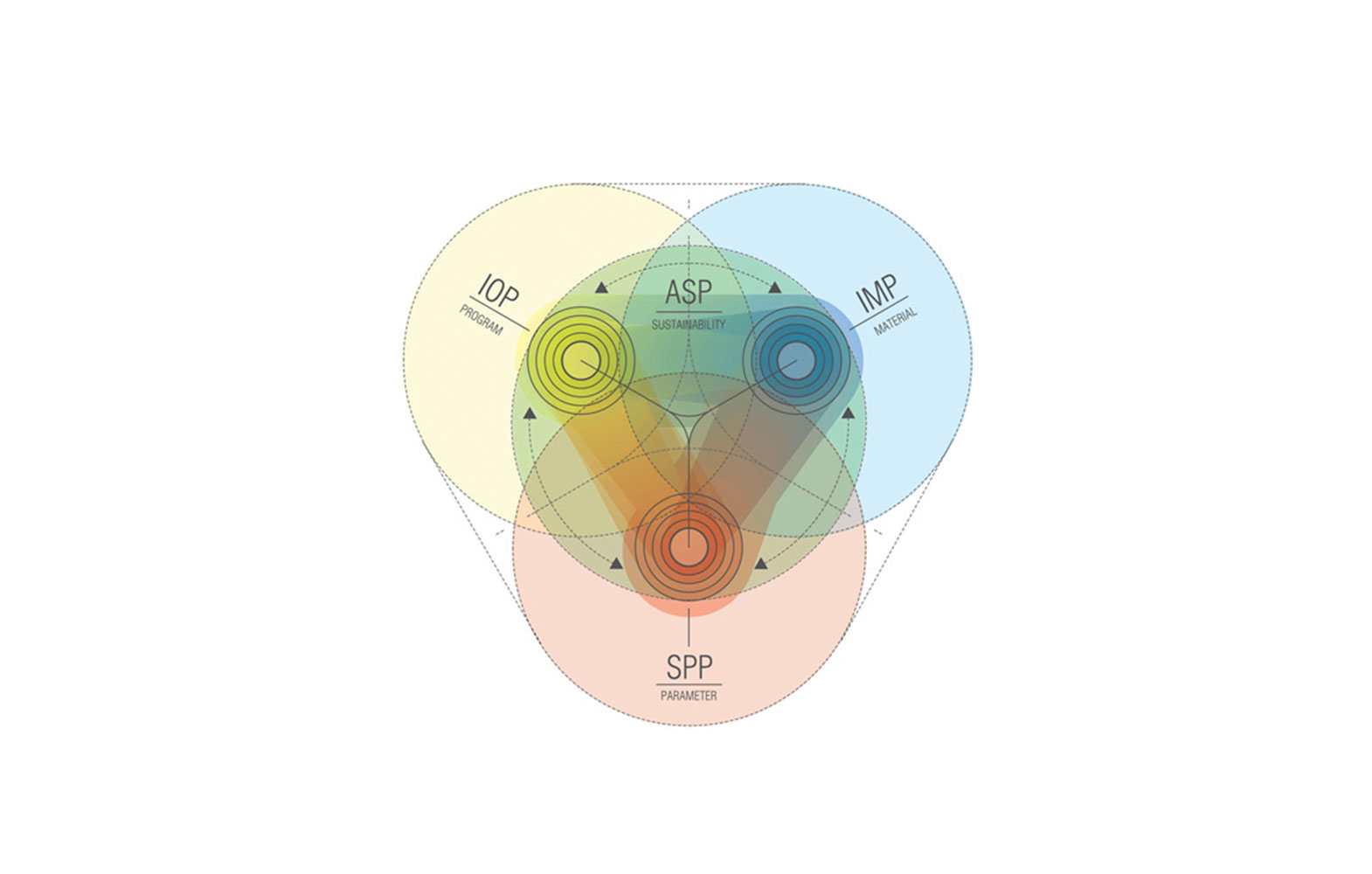Last week the online design magazine, Dezeen, published an interview with Dutch architect Ben van Berkel of UNStudio on his plans to launch the world's first open-source architecture studio. Once launched, this network will hold great significance as it will begin to take the often secretive and exclusive mentality of knowledge sharing between architecture firms and reverse that thinking. As a "knowledge-based organizational" website, van Berkel describes a system "where knowledge can be shared, contributed and collected."

Diagram illustrating how UNStudio’s Knowledge Platforms reach out to external partners for collaboration - via deezen.com
This unprecedented system gives the profession of architecture a needed technological and collaborative leap forward. But to do so, designers must be willing to part with the exclusivity of their acquired building & design knowledge and adopt a more open-source mentality. Any creative knows the benefit of working in close proximity with other creatives, as opposed to working independently in a vacuum. Yet on a larger scale, the practice of architecture operates more independently than anything else. Understandably, business-mindedness and competition have led firms to rarely have a sort of academic, open dialog with other firms. Yet it is this same mentality that has kept practice architecture "in the Walkman phase", as van Berkel coins it.
So what does this mean for us? Spurred on by political obstacles in the Netherlands, van Berkel has realized he and his fellow dutch architects must band together to come up with creative solutions to the obstacles before them - so too must American architects, and perhaps more specifically architects in the nation's hard-hit Rustbelt of the Midwest. In times when sustainability and building performance are often leading factors in the design, construction and lasting performance of buildings, architects must be constantly advancing their own knowledge base. It is a task that is simply too great to be done internally. Instead firms must be willing to offer open seminars, write white papers, maintain blogs documenting design and construction processes. While this may seem as a monumental task, efforts are already underway to begin this knowledge sharing. Firms are establishing blogs that are beginning to informally do just what van Berkel aspires to do. Organizations such as the Building Envelope Council are gaining recognition and prominence as a resource to acquire building knowledge. Architects need to fully participate in such dialogues - not simply listen. To gain the credibility and respect of clients and critics worldwide, we must turn to each other to learn from our collective experiences.
